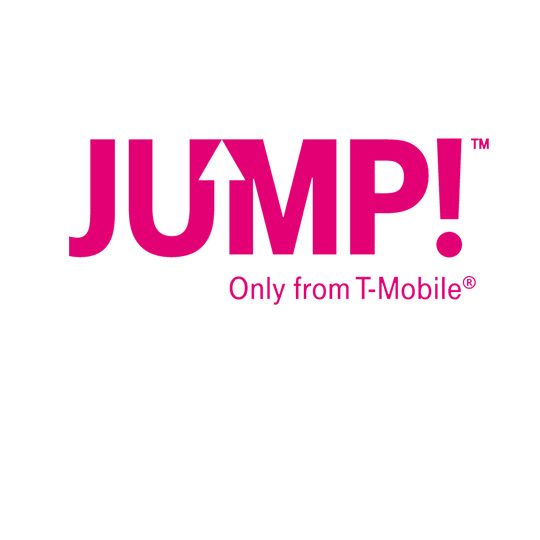T-Mobile US tightened up the data offerings on its Simple Choice rate plans, offering entry-level and mid-tier users a bit more to play with while charging heavy users a bigger toll. The announcement came late Friday afternoon, a time when companies typically look to hide announcements, though these plans could have more to do with recent knocks against the carrier’s network quality.
T-Mobile US said that beginning later this month current Simple Choice customers will see their included data allotment doubled from 500 megabytes to one gigabyte. That will result in single-line plans now including unlimited calling, messaging and 1 GB of data for $50 per month. For family plans, the second line will remain an additional $30 with the expanded data allotment, with lines three-through-five priced at the same $10 per line.
Customers stepping up for an additional $10 per month per line will now receive 3 GB of data, an increase from the previous 2.5 GB. For heavier users, the previous unlimited data bucket that ran $20 per month has been clipped down to 5 GB, with unlimited usage now running $30 per month per line. That will increase the carrier’s “unlimited” offering of calling, texting and data from $70 to $80 per month, which is still $40 less per month for a single line of comparable service from Sprint.
All the rate plans allow for device tethering up to the data bucket allotment, with the unlimited plan capped at 5 GB of tethering. Customers with the current $20-per-month unlimited data plan can remain on that plan, though they will also remain capped at 2.5 GB of tethered usage.
T-Mobile US noted that customers on its network were using twice as much data today than one year ago when the carrier first unveiled the Simple Choice plans, with customers on its unlimited data plan using an average of 5 GB per month.
With that increased usage, the adjusted plans should prove compelling to entry-level consumers that have indeed surpassed the previous 500 MB amount per month, as well as a slightly higher ceiling for the mid-tier users as well. It’s at the higher end where T-Mobile US is now looking to make consumers pay a bit more for their data habits, and where the carrier may be able to turn around falling average revenue per user results. T-Mobile US has seen its branded postpaid ARPU drop more than 6% since the second quarter of last year, with the carrier attributing some of the decline to consumers flocking to new rate plans.
Analysts noted that the move looks to be a way for the carrier to move customers to its capped data plans and away from unlimited data plans, similar to what Verizon Wireless and AT&T Mobility have been doing with their shared data plans.
“At the core of this move, we believe is the fact that [T-Mobile US] is beginning to realize the true cost of unlimited data offerings,” explained Jennifer Fritzsche, senior analyst at Wells Fargo Securitues. “The way these plans are being structured it seems to be trying to incentivize consumers (both new and existing) to move to lower price and capped data plans. … Even at the $80 price point, we believe these plans are not generating much profit for [T-Mobile US] given the high cost to support this usage. We would not be surprised to see a further price increase on these plans in the future.”
Expanded international services
In addition to the data adjustments, T-Mobile US also added seven new countries to its international roaming offering that provides for unlimited low-speed data and messaging at no charge in 122 countries. Those looking for true 3G speeds will be able to purchase “speed packs” providing a 100 megabytes per day for $15 or 500 MB over two weeks for $50. LTE roaming is still not in the picture. The offering, which was initially announced last fall, also provides for calls to and from those destination at 20 cents per minute.
Network quality questions
The announcements came the same week that a pair of reports under-cut T-Mobile US’ network quality messages. First came a drive-test report from Root Metrics, which showed the extent and quality of T-Mobile US’ network to be far inferior to its larger rivals Verizon Wireless and AT&T Mobility and just below that of Sprint. That was followed by a consumer report from J.D. Power and Associates that also had T-Mobile US’ network quality ranked behind that of Verizon Wireless and AT&T Mobility.
T-Mobile US downplayed the reports, noting the data gathered for the surveys were from the second half of last year and that the carrier has improved its network quality through the first two months of this year. The carrier added that results from consumer devices running downloadable speed testing applications showed its network speed to be superior to that of its rivals.
Bored? Why not follow me on Twitter?


